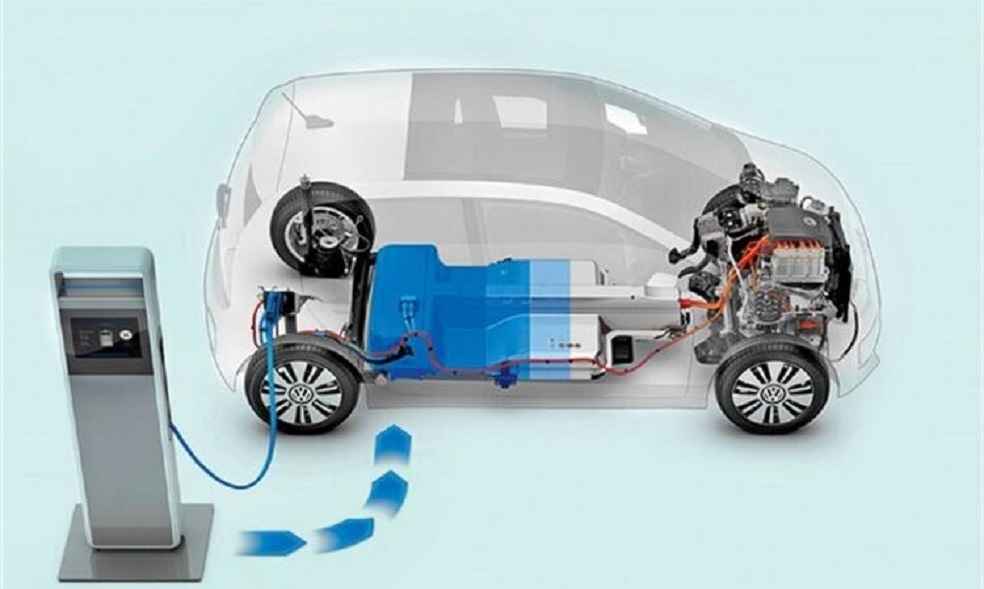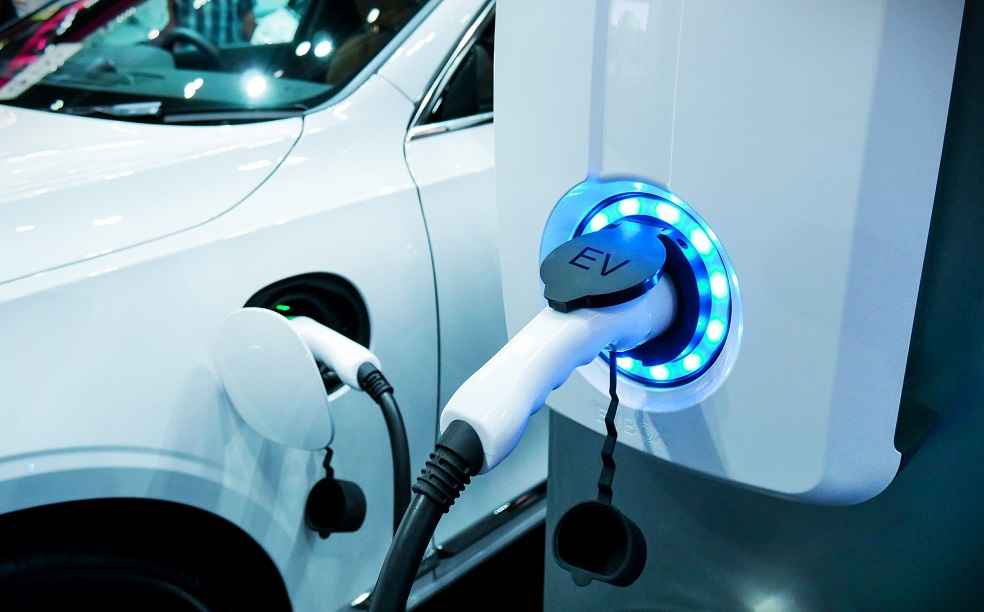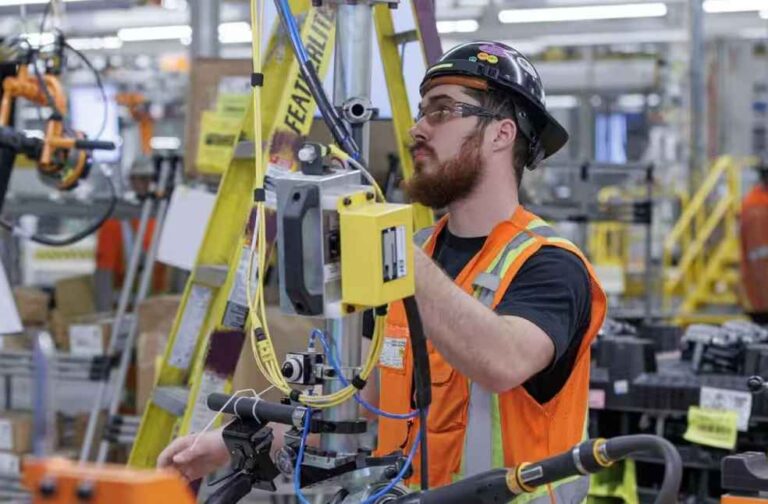The electric vehicle (EV) industry is experiencing rapid growth and transformation, fueled by technological advancements, changing consumer preferences, and supportive government policies. As the global shift toward sustainable transportation accelerates, several key trends have emerged that are shaping the future of the EV market:
Increased EV Adoption: As awareness of the environmental and financial benefits of electric vehicles grows, consumer demand is rising. Governments around the world are implementing policies and incentives to encourage EV adoption, such as tax breaks, subsidies, and the phasing out of internal combustion engine (ICE) vehicles. These factors are expected to drive increased EV sales in the coming years.
 Battery Technology Improvements: Advancements in battery technology are crucial for extending the driving range of electric vehicles and reducing charging times. Companies are investing heavily in research and development to create more energy-dense, cost-effective, and longer-lasting batteries, which will further improve the appeal of EVs for consumers.
Battery Technology Improvements: Advancements in battery technology are crucial for extending the driving range of electric vehicles and reducing charging times. Companies are investing heavily in research and development to create more energy-dense, cost-effective, and longer-lasting batteries, which will further improve the appeal of EVs for consumers.
Expansion of Charging Infrastructure: The availability of charging infrastructure plays a significant role in EV adoption. Governments and private companies are working together to expand the charging network, making it more convenient and accessible for EV owners. Innovations in charging technology, such as ultra-fast chargers and wireless charging, are also contributing to the growth of the charging infrastructure.
Autonomous Driving Integration: As the development of autonomous driving technology progresses, it is increasingly being integrated into electric vehicles. Many EV manufacturers are working on incorporating advanced driver-assistance systems (ADAS) and self-driving capabilities into their vehicles, creating a more connected and intelligent driving experience.
 New Business Models: The growing EV market is giving rise to innovative business models and opportunities, such as vehicle-to-grid (V2G) technology, which allows EVs to feed excess energy back into the grid. Additionally, companies are exploring subscription-based ownership models and battery leasing options to lower the upfront costs of EV ownership.
New Business Models: The growing EV market is giving rise to innovative business models and opportunities, such as vehicle-to-grid (V2G) technology, which allows EVs to feed excess energy back into the grid. Additionally, companies are exploring subscription-based ownership models and battery leasing options to lower the upfront costs of EV ownership.
Diversification of EV Models: With the increasing demand for electric vehicles, automakers are expanding their EV lineups to cater to various customer needs. A wider range of models, including sedans, SUVs, pickup trucks, and commercial vehicles, are being introduced to the market, providing consumers with more options to choose from.
These trends highlight the ongoing evolution and expansion of the electric vehicle industry. As technology advances, infrastructure expands, and consumer demand grows, the EV market is poised for significant growth in the coming years. This progress will not only contribute to a more sustainable future for transportation but also present new opportunities and challenges for automakers, policymakers, and consumers alike.





